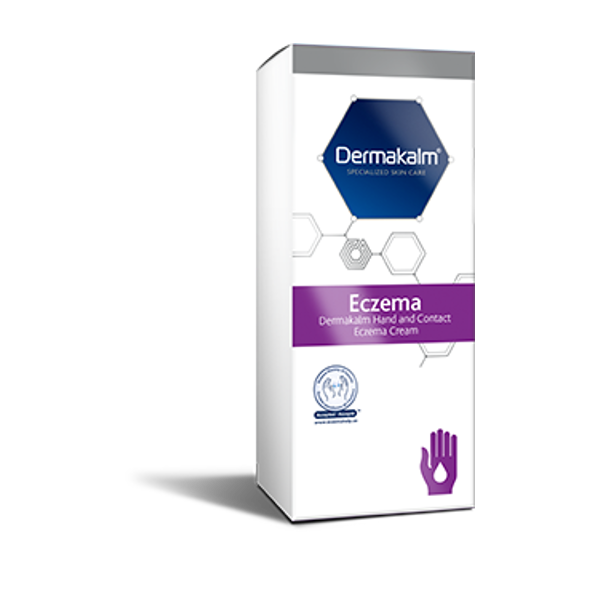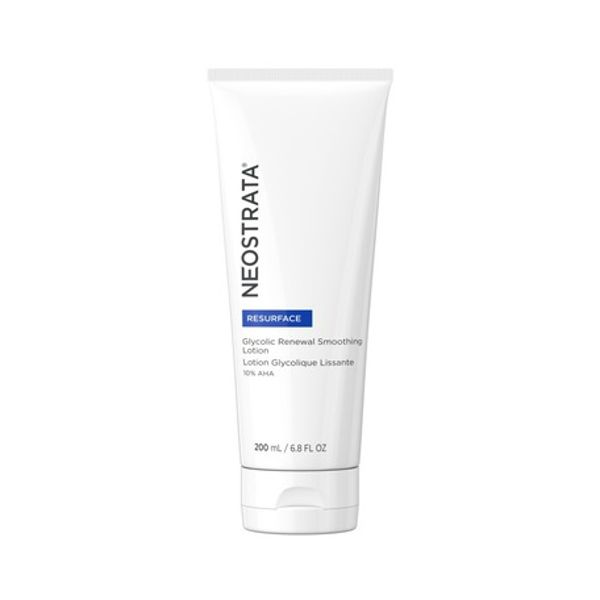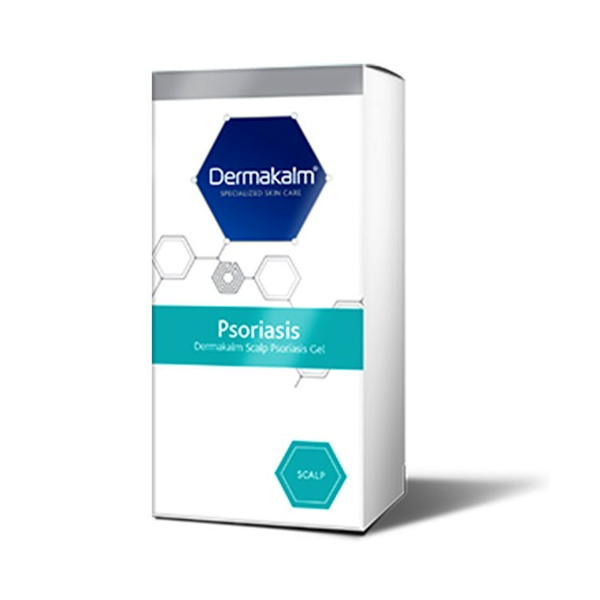Dermakalm Scalp Psoriasis Gel
$30.00
Dermakalm Scalp Psoriasis Gel has been discontinued by the manufacturer and is no longer available.
Dermakalm Scalp Psoriasis Gel is specially formulated to help to temporarily decrease the severity of symptoms of scalp psoriasis.
Out of stock
Description
Dermakalm Scalp Psoriasis Gel has been discontinued by the manufacturer and is no longer available.
Dermakalm Scalp Psoriasis Gel (75 g/2.65 oz) is specially formulated to help to temporarily decrease the severity of symptoms of scalp psoriasis. It helps restore suppleness and maintain the skin in good condition.
The Benefits of this Psoriasis Gel:
- Developed with dermatologists, Dermakalm Scalp Psoriasis Gel helps to temporarily decrease the severity of symptoms of scalp psoriasis.
- Free of corticosteroids, fragrances, coal tar, sulphur, salicylic acid and artificial colouring.
- This non-greasy, non-staining gel is easy to apply on the scalp.
Directions:
Before first use: Unscrew the cap of the tube, remove the aluminum seal and firmly screw the applicator tip onto the tube. Shake well. Break the extremity of the applicator tip by applying pressure.
Adults: Apply a thin layer of Dermakalm Scalp Psoriasis Gel onto the scalp by separating the hair. Let it dry and do not wash out. Apply 2–3 times per day; re-apply after washing your hair. Use a gentle shampoo. During the first 2–3 days of application, gently dilute a small quantity of gel with lukewarm water and massage with your fingers onto wet skin of the affected area. For use beyond 6 weeks, consult a healthcare practitioner.
Ingredients:
- Medicinal Ingredient: Clinoptilolite 1%.
- Non-Medicinal Ingredients: Aqua, Benzyl Alcohol, Carboxymethylcellulose Sodium, Dehydroacetic Acid, Glycerine, Magnesium Chloride, Octyldodecanol, Phytosphingosine, Xanthan Gum.
What is Psoriasis?
Psoriasis is a common chronic inflammatory skin condition that is characterized by raised red patches and flaky, silvery scales.Generally seen in adults, psoriasis can develop at any age. Symptoms can be permanent or intermittent. How do you get psoriasis? A trigger (e.g. emotional stress, local injury to skin, systemic infection or the use of some medications) may cause a flare-up or even lead to the development of psoriasis.
Causes and Triggers
The exact cause of psoriasis is not quite understood, but experts tend to agree that this disease begins with a malfunction of the immune system and resulting inflammation. Something triggers the white blood cells found in the immune system, inflammation ensues, and skin cells rise to the surface, shedding at an unusually fast rate (30 days for normal skin cells vs. 3–4 days for psoriasis skin cells).
What triggers psoriasis in one person is likely different from another person. Psoriasis triggers may include stress, injuries to the skin (e.g. vaccinations, sunburns and scratches), certain medications (e.g. lithium, an antidepressant; quinidine for heart conditions), beta blockers (antihypertensive) and infections (e.g. earache, bronchitis, tonsillitis or a respiratory infection). The weather may affect psoriasis positively or negatively; the winter months often dry and irritate the skin, while the summer sun often helps psoriasis plaques fade.



